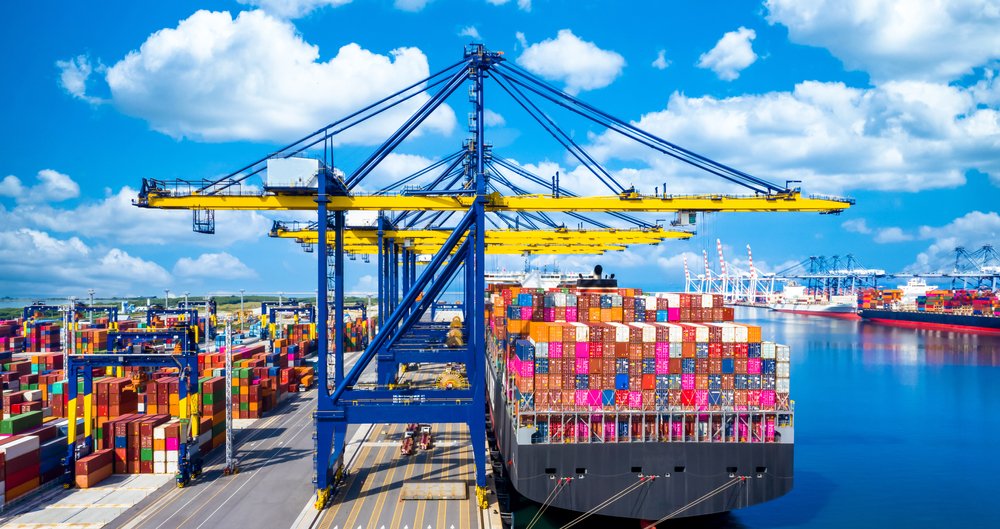The cost of shipping goods from China to Europe increases by 400%.
The escalation of conflict in the Red Sea and the resulting impact on global shipping and trade have created an unprecedented situation that is seriously affecting international trade dynamics. The recent increase in missile and drone attacks by Yemen-based Houthi militants on commercial ships has a direct impact on the transportation costs and duration of shipping between China and Europe. According to Paolo Gentiloni, the European Commissioner for the Economy, transport costs for certain routes between these regions have increased by around 400%, while the duration of shipping has increased by up to 15 days.
This increase in costs and longer travel times is a direct result of the security risks posed by the Houthi attacks. Many shipping companies have decided to avoid the Suez Canal, a crucial waterway for international trade, and instead divert their ships via a longer route around the Cape of Good Hope. This diversion has not only led to longer transit times, but also a significant increase in operating costs, including fuel consumption.
The impact of these developments extends to the global market. Average prices for shipping containers have doubled worldwide, while rates for fuel tankers, which are essential for the distribution of oil and gas, have risen to their highest point in years. These price increases could cause a chain reaction, resulting in potential price increases for consumer goods and energy.

In response to this crisis, European Union foreign ministers have reached an agreement to launch a naval operation in the Red Sea to protect commercial ships. The proposal, submitted by Germany, France, and Italy, came after calls from the Netherlands, whose maritime transport sector has suffered significantly from the attacks. The operation, expected to start on February 19, is seen as an essential step to ensure the safety of shipping in the area and stabilize trade flows.
The European Union remains optimistic about the impact of the trade route crisis on inflation within the bloc, with the expectation that it will not have a significant impact. However, the recognition that further supply disruptions could lead to price spikes highlights the vulnerability of international trade to geopolitical tensions.
The situation in the Red Sea is a clear example of how conflict and uncertainty on the world stage can have direct and significant consequences for the global economy. It underlines the need for international cooperation and diplomacy to ensure the security of crucial trade routes and protect the stability of global trade.




